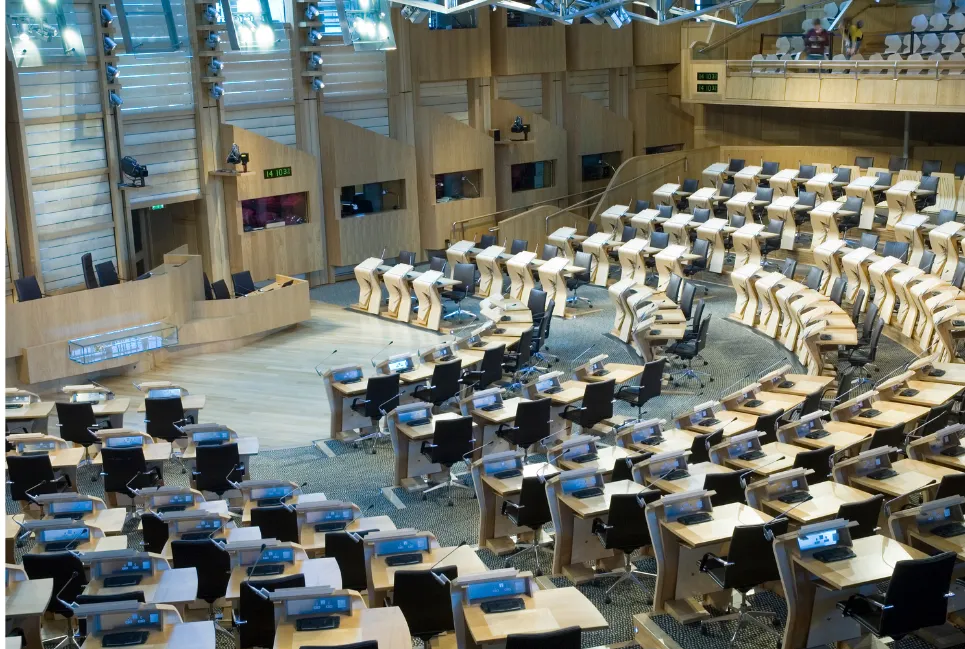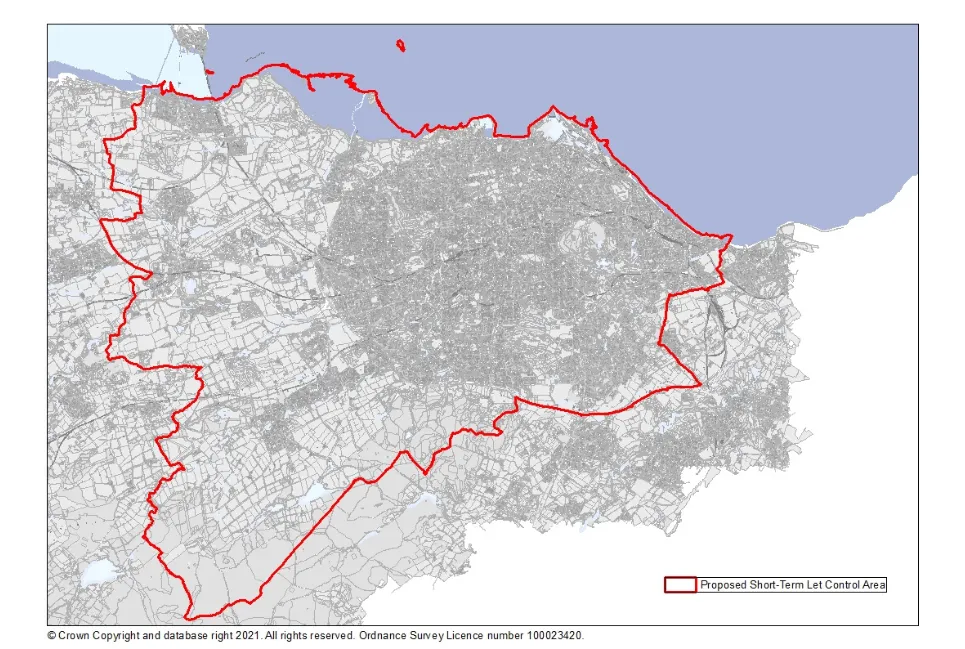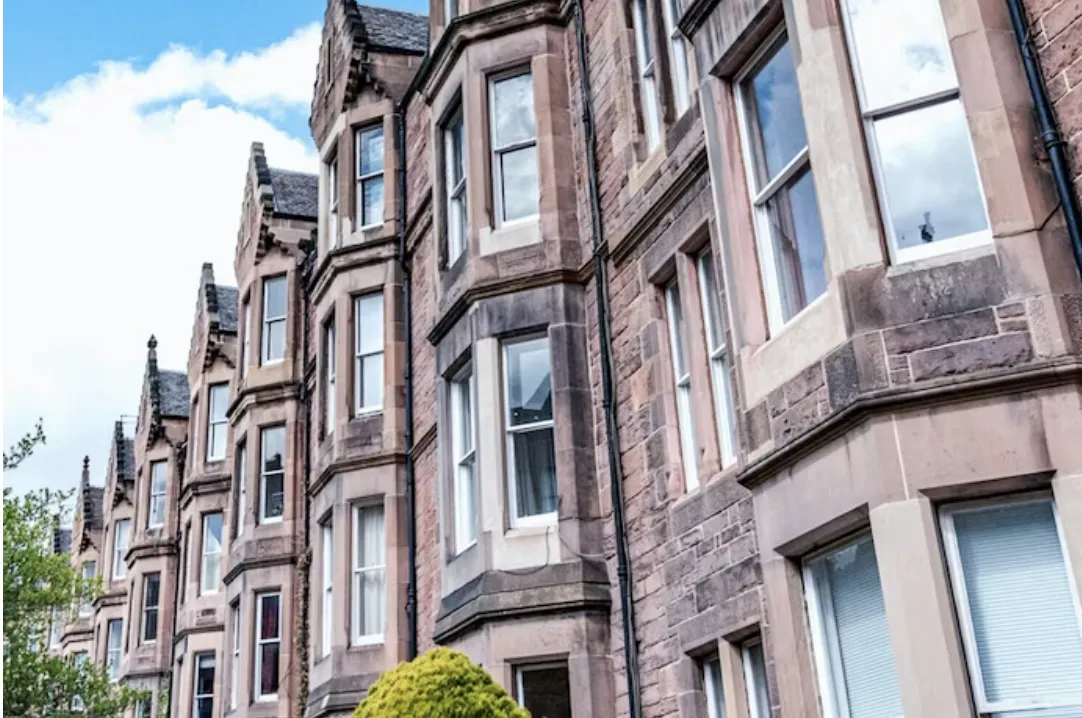Short Term Lets
Short Term Lets changed in 1st October 2023. Any property in Edinburgh being let on a Short Term Let basis, which include holiday homes, festival letting, ‘Airbnb’ etc, will be required to have a ‘Secondary Letting Licence’.
If you'd like to explore the option of changing to a long-term rental, you can get a free valuation using our online instant valuation tool.
Scottish Govt and City of Edinburgh Council Clarify Positions
A year after the new law was passed, and after months of discussions, stakeholder meetings, draft policies, not to mention a hearing and subsequent Judicial Review in the Court of Session, both the Scottish Govt and the City of Edinburgh Council confirmed their positions regarding the STL regulations and licensing scheme. However, at the start of 2024, the situation for STL owners remains unclear. We are watching carefully and will update you as soon as we have any further insights.
This page explores the issues affecting STL owners who let their whole property out as a Short Term Let, including holiday letting, festival letting, via AirBnB, Booking.com, self-managers, etc and the alternatives, such as renting your property on a long-term basis.

There is no longer a ‘rebuttable presumption’ against the grant of a licence in the licensing departments’ policy, but the planning departments’ guidance notes still stipulate that a ‘change of use’ application for a property in a communal stair is ‘very unlikely to be support’. There is a caveat to this in that the planning department should issue a ‘Certificate of Lawfulness’, in lieu of planning permission, if the owner can prove that they have been operating the property continually as a STL for more than 10 years.

However, on 21st July 2023, Paul McLennan MSP, Minister for Housing, wrote to Fiona Campbell, Chief Executive of The Association of Scottish Self Caterers (ASSC).
In it, Mr McLennan confirmed that the Scottish Govt will not extend the timeframe beyond 1st October 2023 and generally re-confirmed that the law would proceed as outlined without further amendments. He also covered all of the points which had been raised by the ASSC against the legislation. This included confirmation that the outcome of the Judicial Review which highlighted unlawful elements within the City of Edinburgh Council’s policy, had been discussed and shared with all other local authorities across Scotland.
The letter also repeated the legislation’s position of delegating the licensing of STL’s to each Local Authority and leaving it to each one to decide its own interpretation and implementation.

The main point for STL owners in Edinburgh to be aware of is the designation of the city as an ‘STL Control Area’. This means that any property within the Council’s area wishing to obtain a STL Licence must firstly apply for, or have been granted, planning permission for a ‘change of use’. The Judicial review noted that it isn’t within a licensing authority’s powers to decide whether a change of use should be granted, but it did confirm that this decision rests with the planning authority. And herein is the main stumbling block for any owner with a property situated in a tenement, or block of flats, or where there is at least one other owner sharing the communal entrance door or stair, as the planning guidance explains that planning permission application is such cases are ‘very unlikely to be supported’.

There is nothing to stop an owner applying for both and then awaiting the council’s decision, as owners can still operate until their applications are decided. But realistically, this would effectively be gambling £1,689 and hoping it isn’t decided for some time as both fees are non-refundable

At Cullen Property, we’re seeing an increase in STL owners using our free rental valuation service as they weigh up their options. We’re expecting this to increase further as the stark reality of the new regulations and the effect they will have on their property becomes clear.